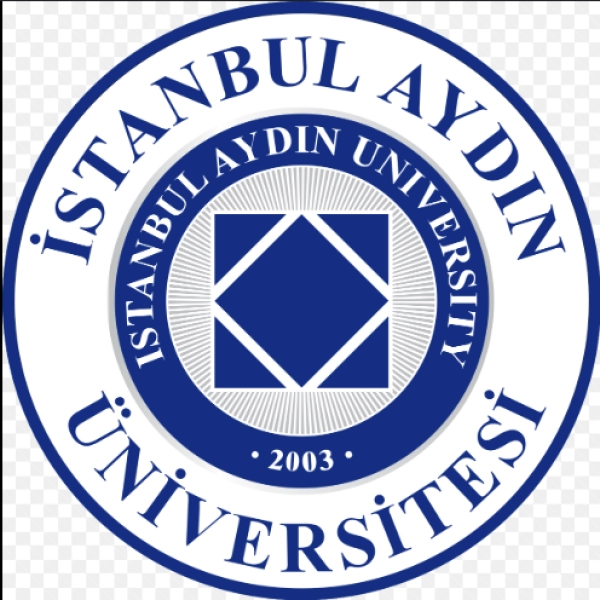Faculty: Physical Education and Sports
This specialization provides a comprehensive understanding of the principles and practices of sports training, focusing on athlete performance, injury prevention, and rehabilitation. Students will explore key areas such as exercise science, sports nutrition, injury management, strength, and fitness. The program emphasizes practical skills, scientific knowledge, and professional ethics to prepare students for careers as sports coaches, trainers, and fitness professionals.
Learning Objectives:
- Understand the fundamentals of human anatomy, physiology, and biomechanics.
- Develop skills in designing and implementing training programs for athletes.
- Learn techniques in injury prevention, assessment, and rehabilitation.
- Explore the role of nutrition and recovery in sports performance.
- Understand the principles of strength and fitness.
- Analyze challenges and solutions in sports training and athlete management.
- Develop communication and leadership skills to work with athletes and teams.
Main Outline:
- Introduction to Sports Training
- Overview of the role of the sports coach and the sports science industry.
- Human Anatomy and Physiology
- Study of the musculoskeletal, cardiovascular, and respiratory systems.
- Techniques to understand how the body responds to exercise.
- Exercise Science and Biomechanics
- Principles of motion mechanics applied to sports performance.
- Techniques to analyze and improve sports techniques.
- Strength and Fitness
- Basics of designing strength, power, and endurance programs.
- Techniques for periodization and program personalization.
- Injury Prevention and Management
- Principles for identifying and mitigating injury risks.
- Techniques for acute injury care and rehabilitation exercises.
- Sports Nutrition and Recovery
- The role of nutrition in enhancing sports performance and recovery.
- Techniques for creating individual nutrition plans.
- Sports Psychology
- Understanding the mental aspects of sports performance.
- Techniques to motivate athletes and manage stress.
- Practical and Internship Training
- Hands-on experience in coaching athletes and leading sessions.
- Techniques for effective communication and feedback.
- Emerging Trends in Sports Training
- Exploring advancements in sports technology, wearable devices, and data analysis.
- Techniques to integrate new tools into training programs.
- Ethics and Professional Practice
- Overview of ethical considerations in sports training.
- Techniques for maintaining professionalism and athlete confidentiality.
Assessment Methods:
- Practical training sessions and coaching demonstrations.
- Written assignments on exercise science, nutrition, and injury management.
- Case studies and presentations on athlete performance and rehabilitation.
- Participation in group projects and sports training simulations.
Recommended Textbooks:
- "Essentials of Strength Training and Conditioning" by NSCA.
- "Sports Injury Prevention and Rehabilitation" by David Joyce and Daniel Lewindon.
- "Nutrition for Sport and Exercise" by Marie Dunford and J. Andrew Doyle.
- "Applied Sport Psychology: Personal Growth to Peak Performance" by Jean Williams and Vikki Krane.
Prerequisites:
Basic knowledge of biology and physical education is recommended. Suitable for students in sports science, kinesiology, and related fields.
Duration:
Typically 3 to 4 years, including practical training, internships, and fieldwork.
Certification:
Graduates may receive a degree in sports coaching education or a related field, depending on the program and institution.
Target Audience:
Aspiring sports coaches, trainers, and fitness professionals seeking specialization in athlete performance, injury prevention, and rehabilitation. This specialization equips students with the scientific knowledge, practical skills, and professional ethics necessary to excel in the field of sports training and contribute to athlete success and well-being.



